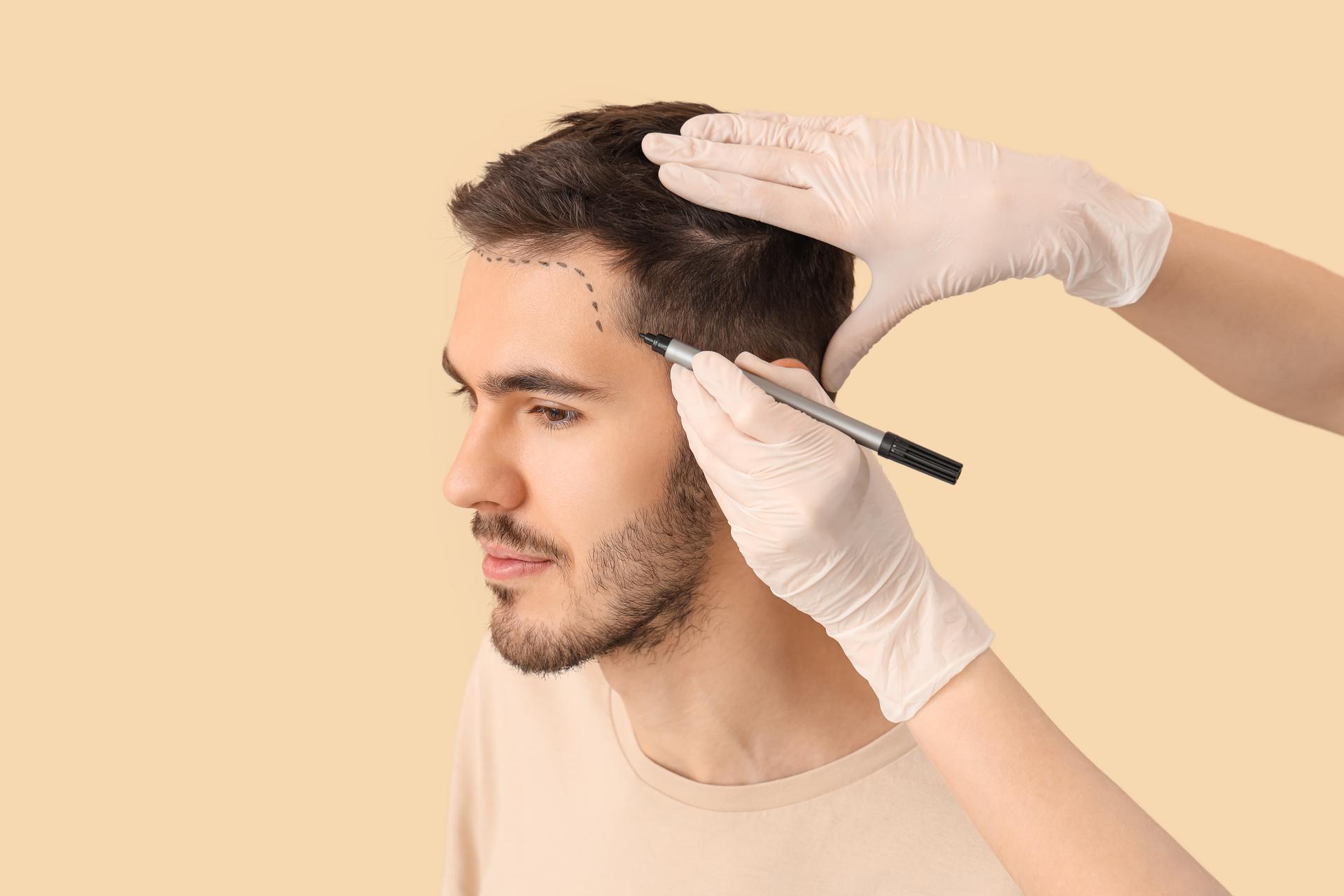If you have been struggling to figure out the perfect hair-shampooing schedule for yourself, you are not alone! This is an eternal dilemma for millions of us, trying to find out the right hair-washing frequency. If you shampoo your hair too often, it may turn dry and frizzy. If you shampoo less frequently, your hair will turn oily and flat. Oil is necessary to maintain healthy hair, but excessive oil is definitely not good for your hair.
So, what is the solution to this dilemma? How many times a week should you shampoo your hair for the best results? While some people opt for the no-poo trend and opt-out of shampooing completely and let the oils in the scalp balance out naturally, others prefer to alter their shampooing routine. Although there is no perfect middle ground, how often you should wash your hair will depend on several factors, and range from one person to another.
Following are some factors that can determine how often you should shampoo your hair:
1. Your hair type
Have you ever noticed how there are different hair products available for varying hair types? There’s a reason behind that. Each hair texture and hair type has its unique requirements. The same applies to the hair washing routine. While thin and straight hair tends to get greasy and dirty more rapidly, thicker or wavy hair may take longer to get coated with oil. Wavy-haired people need more moisture to nourish their curls. Therefore, if you have straight, silky, or thin hair, you may need to shampoo your hair more frequently compared to persons with wavy or curly hair.
2. Sweat
Do you tend to sweat a lot? If you do, you may have to wash your hair more frequently. How much you sweat is yet another factor that determines how often you rinse or wash your hair. Sweat not only clogs your pores making your hair feel limp and dirty but also gives your scalp an unpleasant smell. Therefore, it is recommended you shampoo your hair after a sweaty gym session or anytime you wear a helmet or a hat.
3. Oil
The production of oil or sebum varies among individuals depends on multiple factors such as genes, hormones, age, environment, and sex. As you may have noticed, teenagers or individuals in their 20s and 30s are likely to produce more oil than children or seniors. The more oil your scalp produces, the more often you will need to shampoo or rinse your hair.
4. Dirt
If your profession or daily errands involve exposure to elements such as dust, pollen, or dirt, you need to wash your hair more frequently. Tasks like cleaning, gardening, and traveling long hours in traffic may expose your hair to pollution, dust, pollen, and dirt, making your hair appear and feel lifeless. If these elements are causing you hair loss, our team at NJHRC provides some of the best hair loss treatments in New Jersey.
Related:
- Dry Hair: Causes, Treatment Options, and Diagnosis
- Signs of Healthy Hair: How Do I Get Really Healthy Hair?
Ensure you are not overwashing your hair
Like any other product, over-use is never a good idea. A shampoo does its basic job of cleansing the scalp of dirt and oil. However, overusing it or using it the wrong way can damage the hair. While washing your hair, always make sure that you shampoo the roots of your hair on the scalp. Avoid shampooing down the length and tips of your hair.
Additionally, if you overuse styling products, you will need to wash your hair more often to prevent these products from building up on your hair and scalp. Hair products clogging your hair and scalp can irritate and harm your hair. Therefore, use these products judiciously to avoid overwashing your hair.
Overwashing can also lead to other symptoms such as itchiness on the scalp, flaking, dry hair, and dandruff, which can further damage your hair.
See Also: Does Cold or Warm Weather Affect Hair Transplant?
Alternatives to traditional shampoos
If you feel you want to get rid of oil and dirt from your hair but do not want to use excess shampoo, or if you want to extend the time between washes, you can opt for other alternatives such as dry shampoo, washing your hair with conditioner, or washing your hair with only water. Dry shampoo is essentially a spray or a powder that absorbs the oil from your hair and prevents it from clumping.
Whether you choose these shampoo alternatives or prefer using shampoo, ultimately, the key is to find the right balance of moisture and cleanliness that suits your hair type, lifestyle, and preferences.
If you need the best hair loss treatment in New Jersey, our team of experts at NJHRC has you covered. We specialize in various hair treatments, including FUE hair transplant, FUT hair transplant, and PRP therapy.


